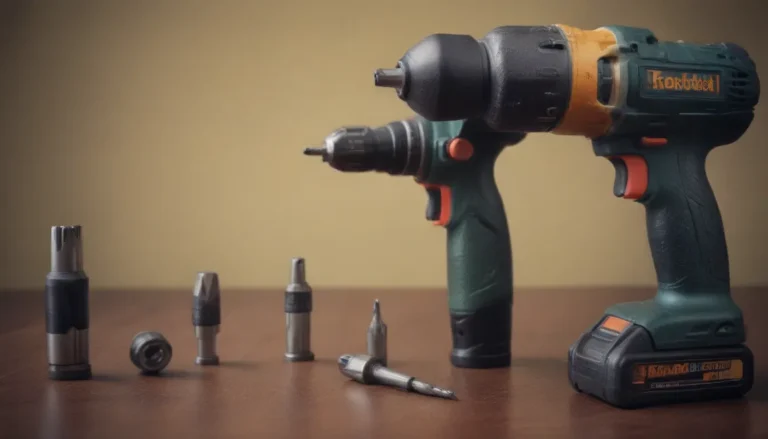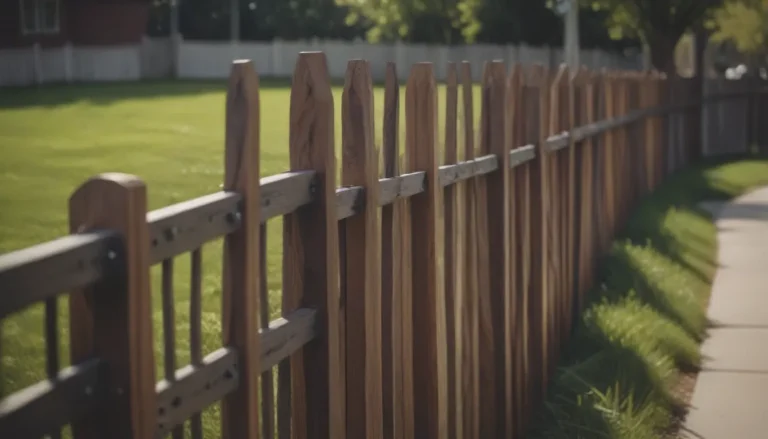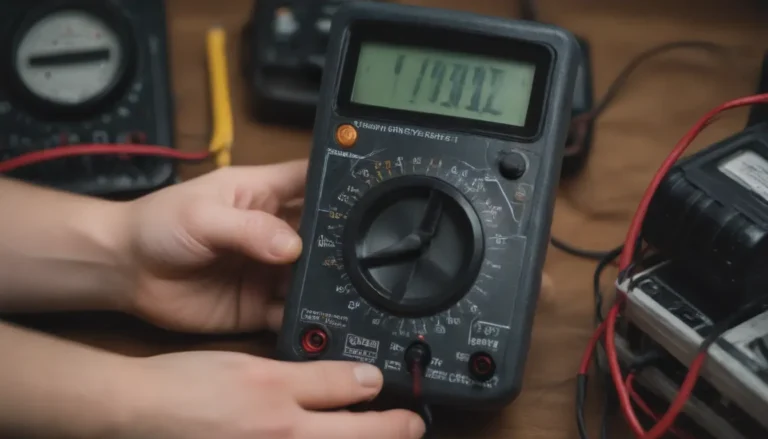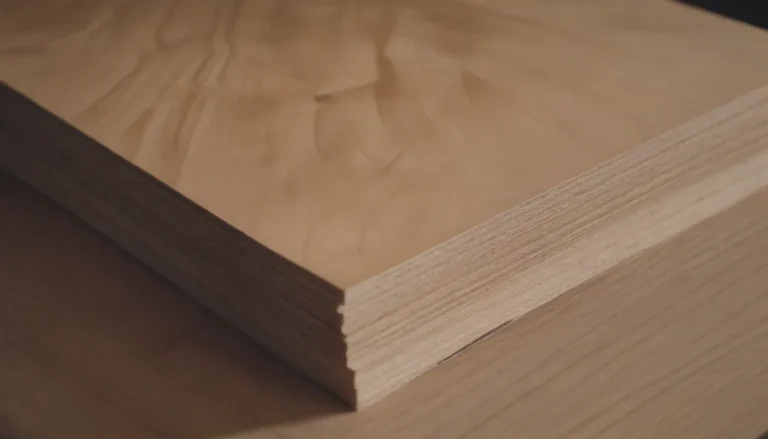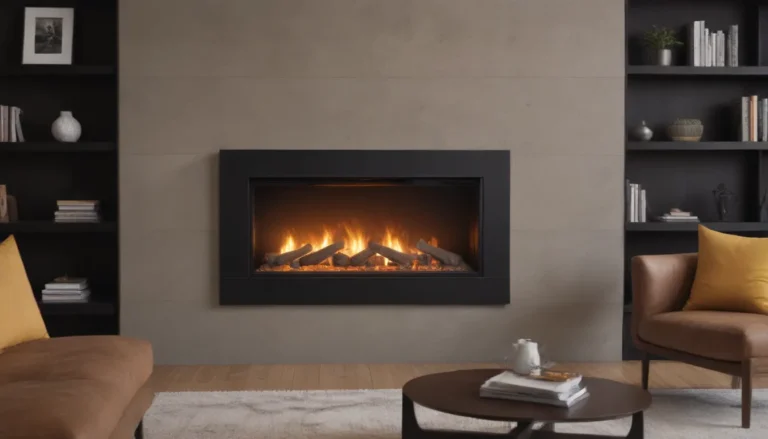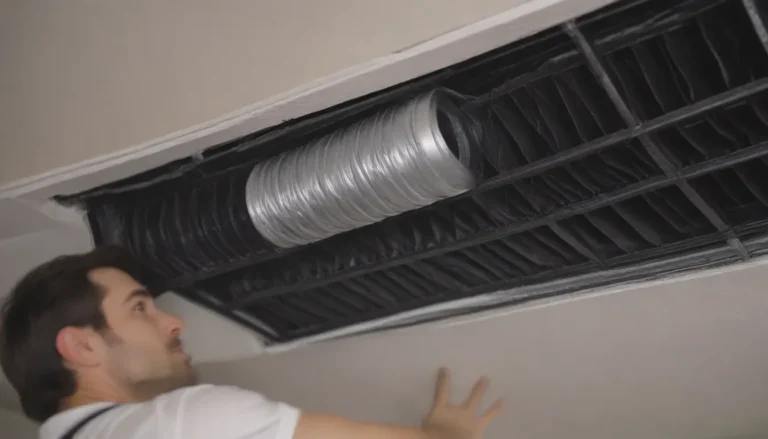The Complete Guide to Venting a Hot Water Heater
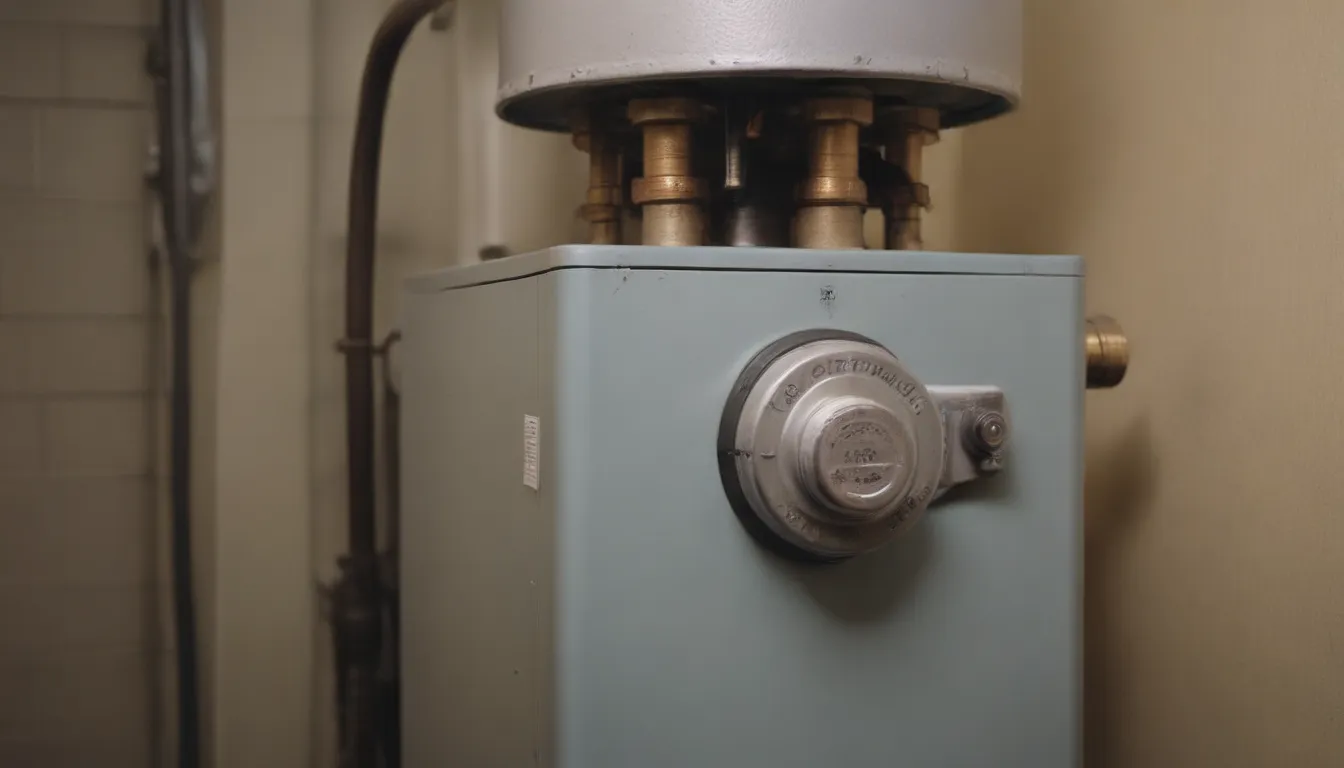
Do you have a hot water heater that runs on natural gas or liquid propane? If so, you need to make sure it has the proper venting system in place. Venting is a crucial aspect of any water heater that burns gas, as it helps to remove toxic gases such as carbon monoxide from your home. In this comprehensive guide, we will cover everything you need to know about venting a hot water heater to ensure the safety and efficiency of your appliance.
Understanding the Importance of Water Heater Venting
When a gas water heater burns fuel to produce heat, it also generates exhaust gases, moisture, and potentially dangerous carbon monoxide. A proper venting system is essential to safely remove these byproducts from your home. Without adequate ventilation, these gases can build up indoors and pose serious health risks to you and your family.
It’s important to note that the type of venting system required for your water heater will depend on the specific model you have. While most water heaters use a vent duct or pipe to expel exhaust gases outdoors, there are different types of venting configurations available based on the design of your appliance.
Common Venting Configurations for Water Heaters
- Atmospheric Venting: This method relies on natural convection to move hot exhaust gases up and out of the home. It typically involves a vertical vent duct that connects to a common vent shared with other gas appliances in the house.
- Power Venting: Water heaters with power venting feature an electric blower fan that helps to expel exhaust gases horizontally or vertically through a vent duct. This system is ideal for situations where natural convection is not sufficient.
- Direct-Vent Water Heaters: With a direct-vent system, combustion air is drawn from outside the home through a vent pipe, while exhaust gases are vented separately to the outdoors. This setup reduces the risk of backdrafting and enhances safety.
Troubleshooting Venting Issues
Backdrafting is a common problem associated with water heater venting, where exhaust gases fail to exit the home and end up indoors. This can occur due to poor vent design, improper installation, or an imbalance of air pressure within the house. To prevent backdrafting and ensure your water heater operates safely, it’s essential to have your appliance serviced regularly by a professional.
If you suspect any issues with your water heater venting, do not attempt to fix them yourself. Contact a qualified technician who can diagnose and address the problem to prevent any potential health hazards.
Water Heaters for Mobile Homes
Water heaters in mobile homes require special consideration, as they have unique installation requirements. Manufacturers often provide water heaters specifically designed for use in mobile homes to ensure safety and compliance with regulations. If you have a water heater in a mobile home, make sure it is approved for that application and installed properly to avoid any safety concerns.
Maintaining Your Water Heater Venting System
Proper maintenance of your water heater venting system is crucial to ensure it functions efficiently and safely. Here are some tips to keep your venting system in top condition:
- Annual Servicing: Have a professional inspect and clean your water heater and venting system at least once a year to ensure everything is working correctly.
- Check for Blockages: Regularly check the vent duct for any obstructions or debris that could impede airflow and cause backdrafting.
- Monitor Carbon Monoxide Levels: Install a carbon monoxide detector near your water heater to alert you to any potential leaks or backdrafting issues.
By following these maintenance tips and staying vigilant about the condition of your water heater venting system, you can enjoy safe and reliable hot water in your home.
In conclusion, proper venting is a vital aspect of maintaining a gas water heater. By understanding the different venting configurations available and knowing how to troubleshoot common issues, you can ensure that your appliance operates safely and efficiently. If you have any concerns about your water heater venting, always seek professional help to address the problem promptly. Remember, your safety and the well-being of your family should always come first when dealing with gas appliances.
